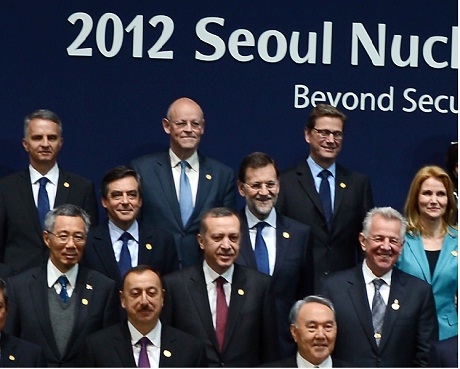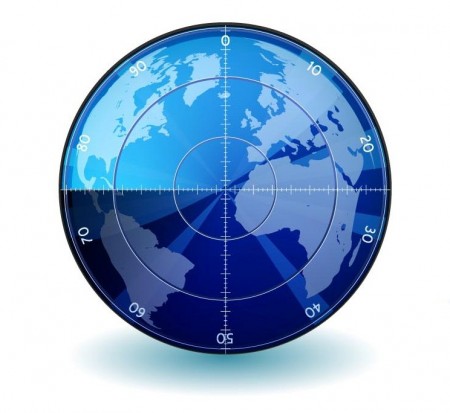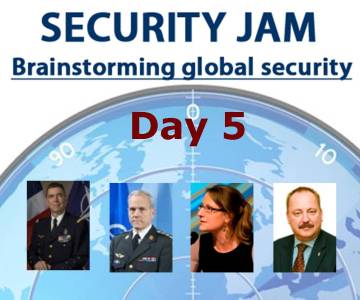
Switzerland risked a jumping in at the deep end on Tuesday. Deviating from the agenda, Federal Councillor Didier Burkhalter confronted participants at the Seoul Nuclear Security Summit with his call for nuclear disarmament.
Burkhalter emphasized that if the risk of nuclear terrorism was to be minimized – the official aim of the summit – it was necessary “to do everything possible to reduce the sources of such an act”, namely to cut down the number of nuclear warheads and weapons capable material.
Switzerland’s foreign minister has a point. Even though the New START treaty marks a step towards the vision of a world free of nuclear weapons, there are still far too many warheads around.
For years, Swiss diplomats have tried to keep the debate on nuclear disarmament running and have pushed projects and international initiatives. Switzerland leads by example: it has ratified all multilateral disarmament agreements open to it and plays an active part in the work of multilateral bodies related to arms control and disarmament.
However, the country has not always advocated nuclear disarmament. In fact, until the 1960s, Switzerland followed quite the opposite course with its nuclear weapons program. Only after the Cold War it fully embraced a multilateralist approach to disarmament. All this became apparent during a lecture on Swiss security policy, held on 22 March 2012 at the University of Zurich.



